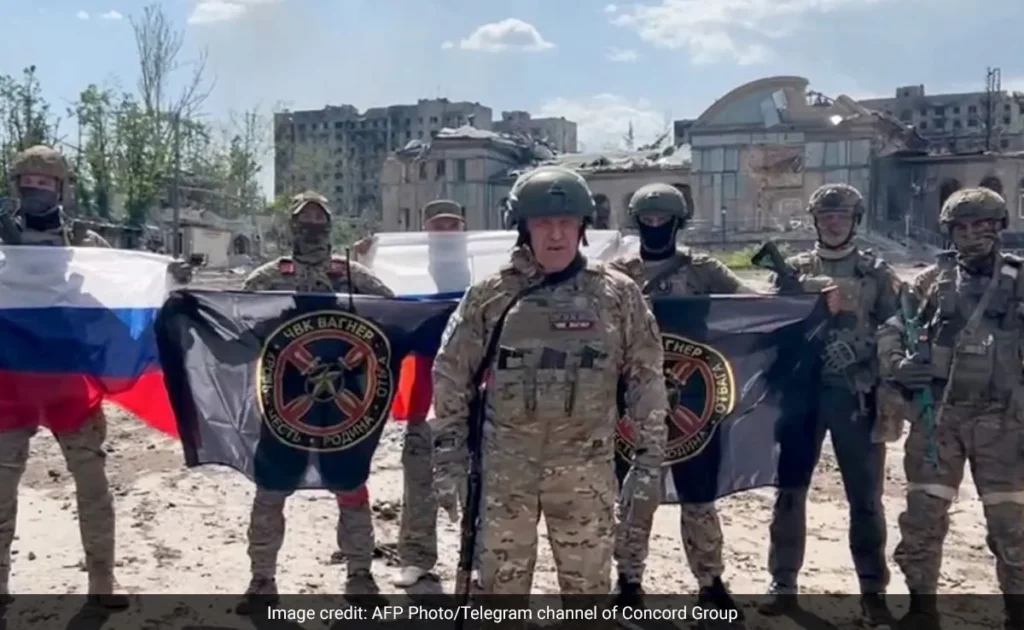In a surprising turn of events, reports have emerged suggesting the fall of the Ukrainian city of Bakhmut to unknown forces. However, the situation remains clouded in uncertainty as conflicting accounts and limited information make it challenging to ascertain the veracity of these claims. The alleged fall of Bakhmut, a strategically significant city in eastern Ukraine, has raised concerns and demands immediate attention from both domestic and international communities.
Although Ukrainian President Volodymyr Zelenskyy has denied on Sunday that Bakhmut has fallen, Russian businessman and Wagner boss Yevgeny Prigozhin claimed otherwise in a voice memo to his 420,000 Telegram followers.
“There is not a single Ukrainian soldier in the village of Bakhmut, for the reason that we have stopped taking prisoners,” he declared.
“There are a huge number of corpses of the Ukrainian military. Bakhmut is taken completely along all its legal boundaries, to the last centimetre. Vladimir Alexandrovich [Zelenskyy] is disingenuous, or he, like our military leaders, is simply not aware of what is happening on the ground.”
Through a statement on the Kremlin’s official press service, Russia’s President Vladimir Putin congratulated the Russian army and Wagner mercenary group on the capture of Artemovsk, as the city was known in Soviet times and until 2016.
Reports first emerged late in the evening on the 20th May, with unconfirmed sources indicating that Bakhmut had been overrun by a yet-to-be-identified group. The absence of official statements or reliable sources has left many questioning the accuracy of these reports. The Ukrainian government has yet to release any official statement regarding the situation, contributing to the confusion and speculation surrounding the alleged fall of the city.
Footage on both Russian TV and Telegram channels showed the Russian flag waving from the rooftop of an apartment building still standing among the ruins of Bakhmut.
Bakhmut, situated in the Donetsk Oblast region, has been a hotbed of conflict since the onset of the Ukraine crisis. The region has witnessed numerous clashes between Ukrainian armed forces and separatist groups, creating an environment of instability and insecurity. The city’s strategic location, in close proximity to the border with Russia, adds another layer of complexity to the situation.
International observers and journalists are closely monitoring the developments in Bakhmut, but access to accurate information has proven challenging. With conflicting reports and a lack of firsthand accounts, it is imperative to exercise caution when assessing the situation. The absence of clear information regarding the parties involved, their motives, and the extent of the alleged takeover makes it difficult to draw definitive conclusions.
Various theories and speculations have emerged surrounding the alleged fall of Bakhmut. Some speculate that it might be a result of an internal power struggle among different factions, while others point to the involvement of external forces seeking to destabilise the region. Until concrete evidence emerges, it is important to approach these theories with skepticism and rely on verified sources for accurate information.
The Ukrainian government is under increasing pressure to provide clarity on the situation in Bakhmut. Concerns over the safety and well-being of the city’s residents, as well as the potential implications for the broader region, are mounting. The international community, particularly neighbouring countries and Western powers, are closely watching the developments and are likely to demand transparency and swift action to address the situation.
